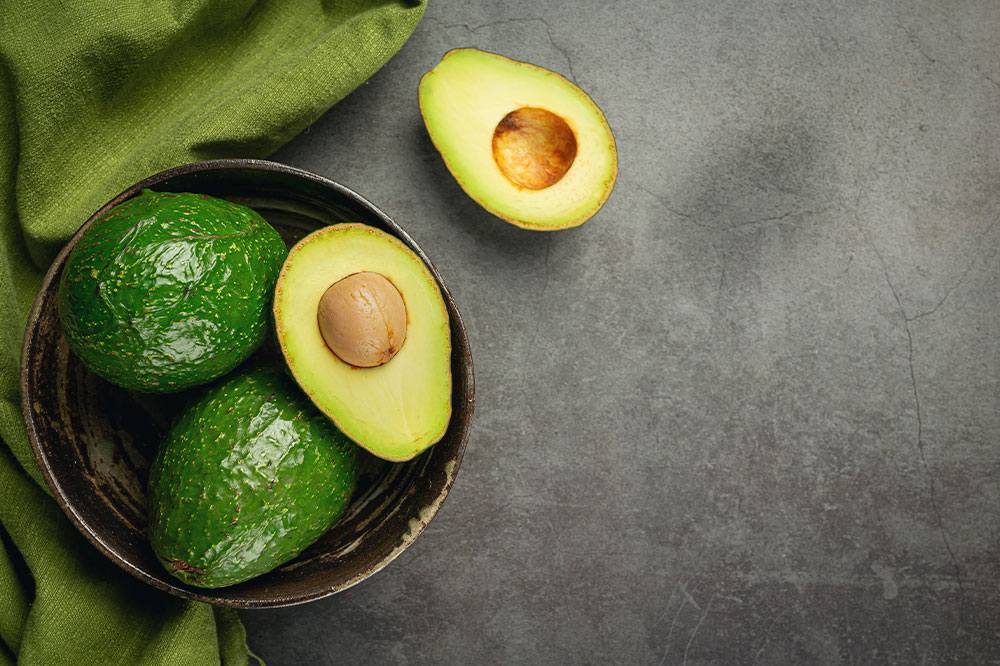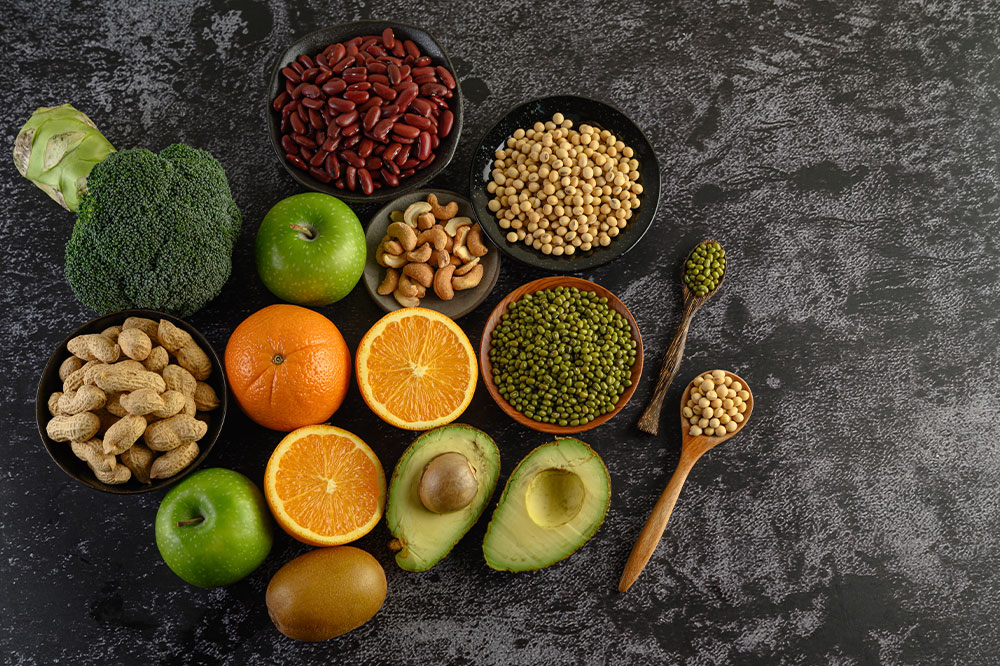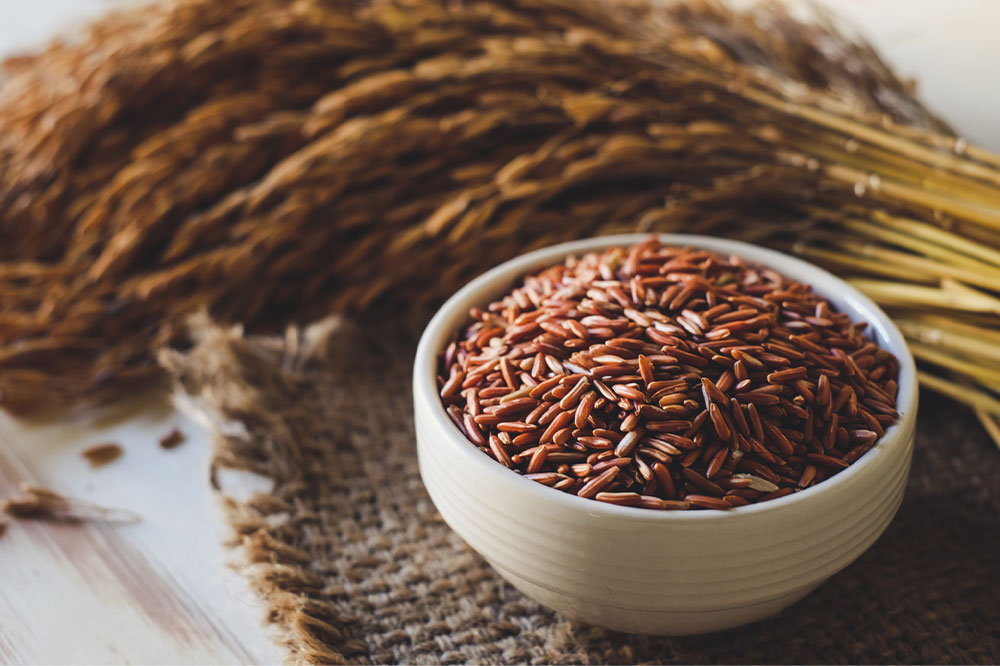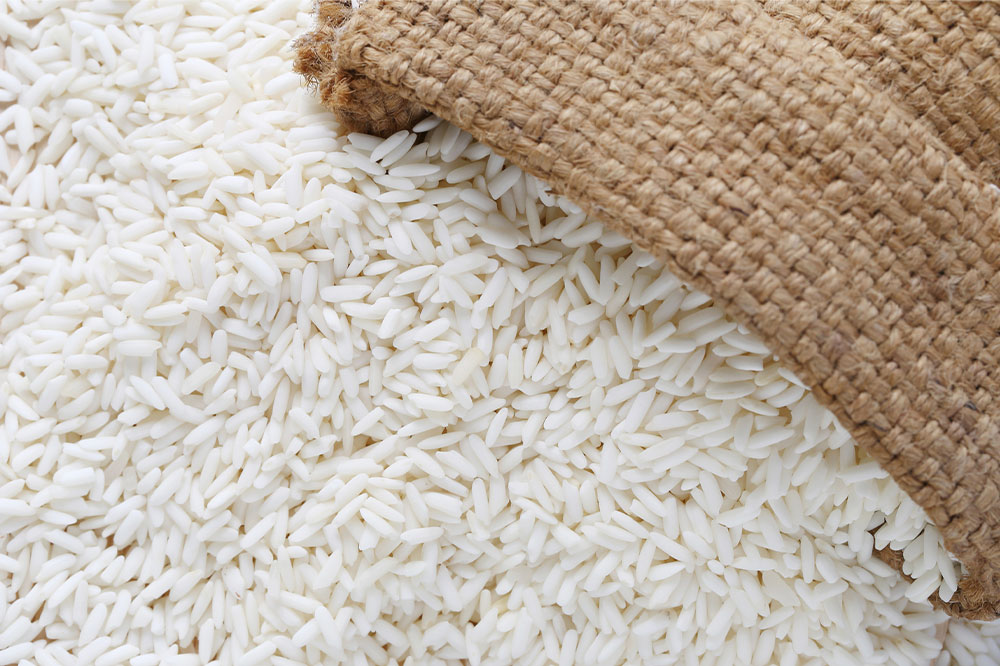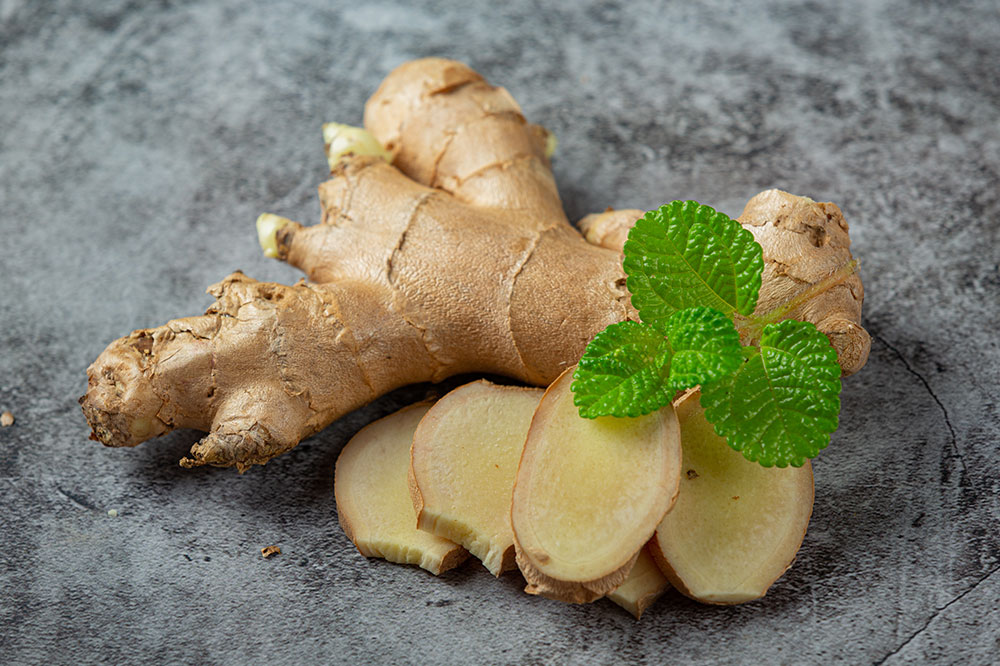
health
4 foods to omit for healthy lungs
Lungs are responsible for delivering oxygen to the body and protecting the airways from irritants. One’s eating habits and lifestyle play an important role in maintaining lung health. For strong lungs, it is necessary to expose oneself to fresh, pollution-free air and choose nutrient-rich foods that boost energy and health. The absence of either can lead to impaired lung functionality and problems like asthma. Here are four foods to avoid for optimal lung health: Sugary foods Refined sugar is usually added to foods for preservation and taste enhancement. Excessive amounts of this ingredient can be found in sweetened drinks, syrups, cakes, donuts, cereals, flavored yogurt, granola, chocolates, and candies. Studies show that those who regularly opt for sugary foods and drinks have a high chance of developing bronchitis. Excessive intake of refined sugar also increases the fat content in the body and eventually puts pressure on the lungs and heart, leading to impaired functioning of the organs. Carbonated beverages Similar to refined sugar, carbonated beverages tend to put undue pressure on one’s lungs. These drinks have no nutrients and contain empty calories, carbon dioxide, and sugar. According to the American Lung Association, these drinks can generate gas, which can impede breathing, tighten the chest, or trigger asthma flare-ups.
Read More 

